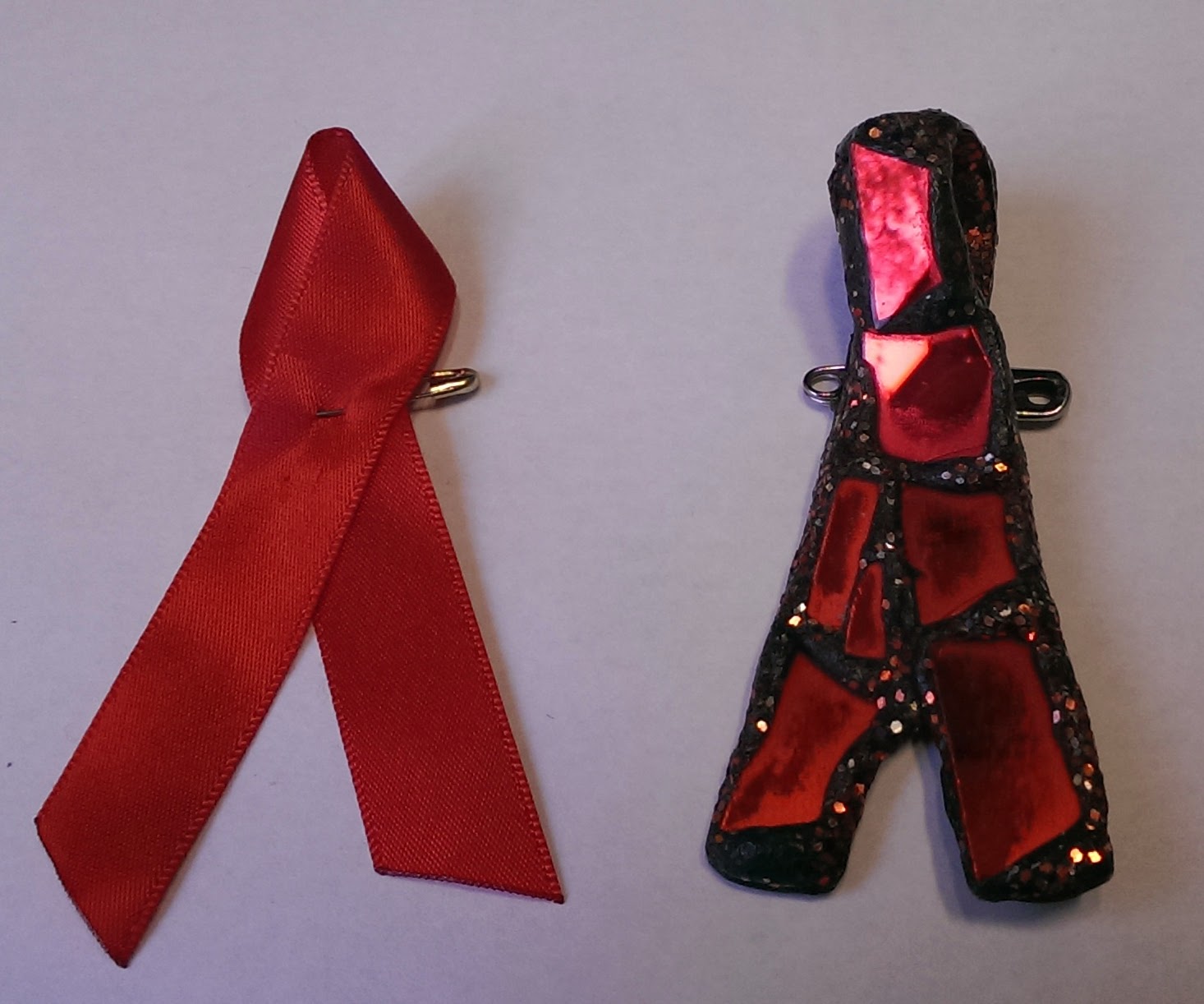 |
| Hotel Phoenix business card, Copenhagen |
We also showed lists of food deemed essential for a stay in Ghana (Gold Coast) in 1922. The goods were ordered from the Army & Navy Co-Operative Society's Export Department, based in Victoria St, London, and were sent to Dr. JWS Macfie, then Director of the Medical Research Institute in Accra.
 |
| List of goods to be shipped to Ghana for Dr J McFie |
On Wednesday Victoria Cranna, the archivist, gave a lunchtime Tour of the Building, giving staff and students a chance to find out more about the history of LSHTM. The tour includes information on the School's origins (we were originally based in the London docks), architectural features of the current building, wartime damage, and new developments.
We finished the week with a booked-out evening viewing of 'Roads to Africa', the documentary of a 10 month expedition in 1936 to Uganda, Tanzania and Kenya led by Major Leeson, then a lecturer at LSHTM. He was accompanied by assistant JD Gillett, who also acted as cameraman, and who added the film's voiceover shortly before his death in 1995.
The film showed fascinating footage of the team leaving Croyden Airport on their flight to Entebbe (which took 5 days), the assistants they hired, the local people they met throughout their trip, and the resilient Chevrolet car that apparently never broke down! The audience loved the archive footage of Africa in the 1930s and long-gone expedition techniques.
 |
| Air ticket London -Entebbe 1936 |








